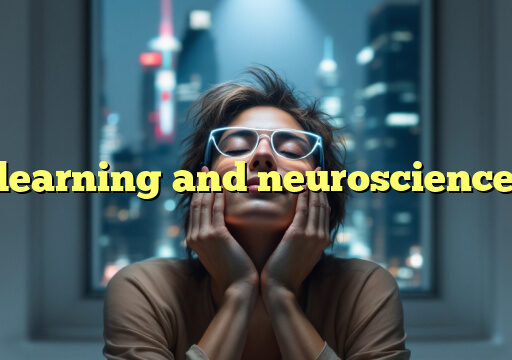Understanding the intricacies of the human mind has long been a pursuit of scientists and researchers. With advancements in technology and research methods, we are now able to delve deeper into the inner workings of the brain than ever before. Cutting-edge brain studies are shedding light on how the mind functions, how it processes information, and how it can be influenced by various factors.
The Role of Brain Imaging
One of the key tools in modern brain studies is brain imaging, which allows researchers to observe brain activity in real-time. Techniques such as fMRI and PET scans provide detailed images of the brain as it performs various tasks, giving researchers valuable insights into how different parts of the brain are involved in different cognitive processes.
For example, studies have shown that when a person is engaged in a creative task, such as painting or composing music, areas of the brain associated with creativity and problem-solving light up on brain scans. Similarly, when a person is experiencing fear or stress, the amygdala, a part of the brain involved in processing emotions, becomes activated.
The Influence of Genetics
Genetics also play a significant role in shaping the human mind. Studies have shown that certain genes can predispose individuals to certain mental health conditions, such as depression or anxiety. By studying the genetic underpinnings of these conditions, researchers are gaining a better understanding of how they develop and how they can be treated.
Furthermore, genetics can also influence cognitive abilities, such as memory and intelligence. Studies have shown that certain genetic variations are associated with differences in cognitive function, highlighting the intricate interplay between biology and the mind.
The Impact of Environment
While genetics play a significant role in shaping the mind, the environment also plays a crucial role in influencing cognitive development. Studies have shown that environmental factors, such as childhood experiences and exposure to toxins, can have a lasting impact on brain development and function.
For example, children who grow up in impoverished environments may be at a higher risk for cognitive deficits, as their brains may not receive the stimulation and support needed for healthy development. On the other hand, individuals who engage in mentally stimulating activities, such as reading or playing musical instruments, may experience improvements in cognitive function.
Conclusion
Cutting-edge brain studies are revolutionizing our understanding of the human mind. By combining advanced brain imaging techniques, genetic studies, and environmental research, scientists are uncovering the complex interplay of factors that shape our cognitive abilities and mental health. These insights are not only deepening our understanding of the mind but also paving the way for new treatments and interventions for a wide range of mental health conditions.
FAQs
How do brain imaging techniques work?
Brain imaging techniques, such as fMRI and PET scans, work by measuring changes in blood flow or metabolic activity in the brain. These changes are indicative of neural activity in different regions of the brain, allowing researchers to observe how the brain responds to different stimuli or tasks.
What role do genetics play in shaping the mind?
Genetics play a significant role in shaping the mind, influencing everything from cognitive abilities to mental health. Certain genes can predispose individuals to certain mental health conditions or influence their cognitive function.
How does the environment impact cognitive development?
The environment plays a crucial role in influencing cognitive development, with factors such as childhood experiences and exposure to toxins impacting brain development. Engaging in mentally stimulating activities can also have a positive impact on cognitive function.





